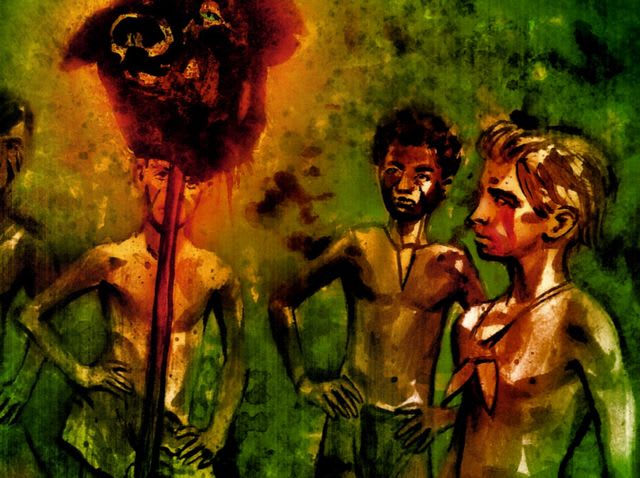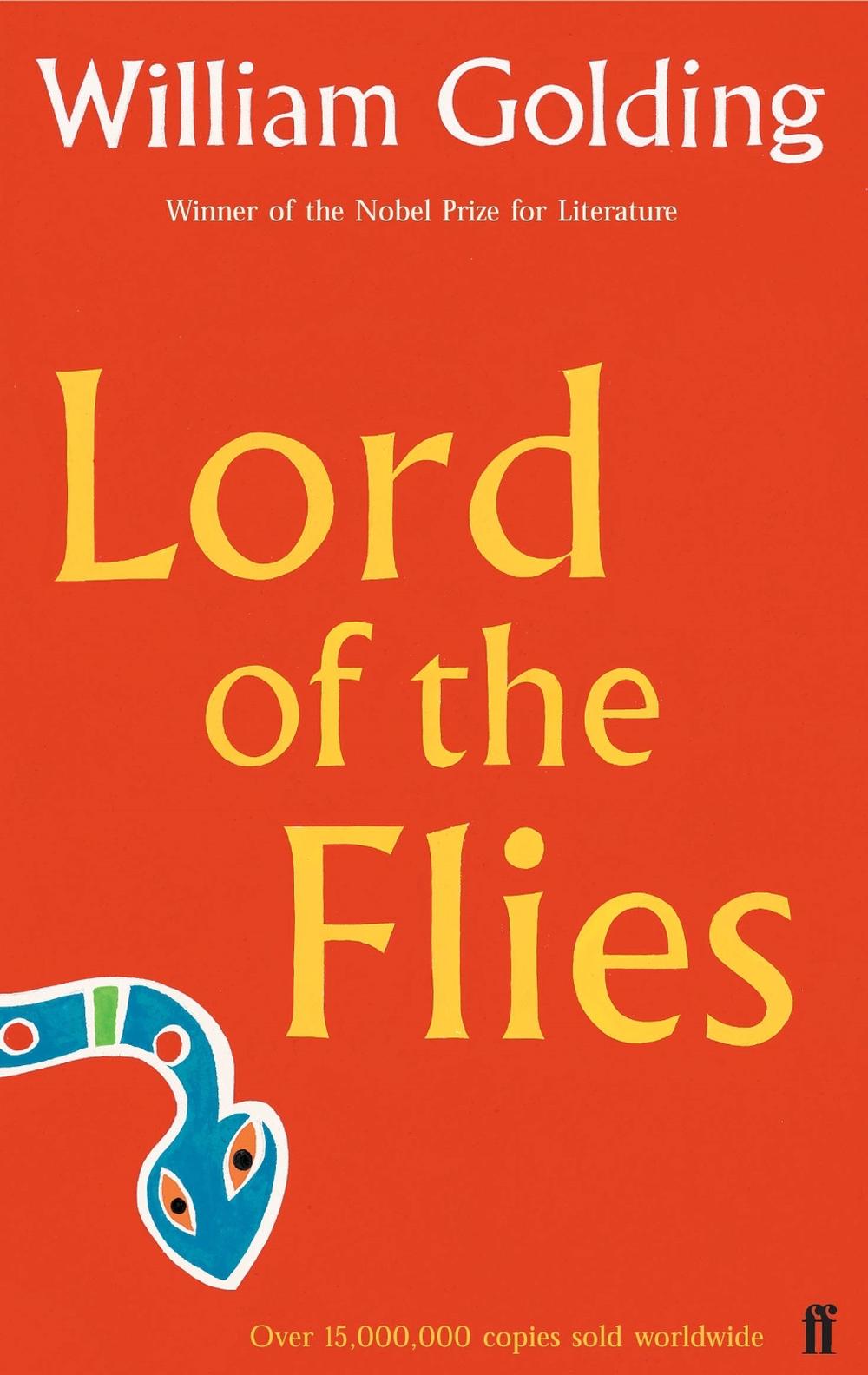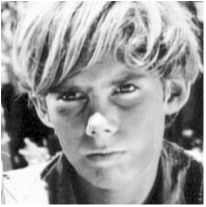

That didn’t happen until years later when I began delving into the author’s life. I remember feeling disillusioned afterwards, but not for a second did I think to doubt Golding’s view of human nature. I first read Lord of the Flies as a teenager. Had Auschwitz been an anomaly, they wanted to know, or is there a Nazi hiding in each of us? Of course, he had the zeitgeist of the 1960s on his side, when a new generation was questioning its parents about the atrocities of the second world war. Golding had a masterful ability to portray the darkest depths of mankind. In hindsight, the secret to the book’s success is clear. An English schoolmaster, William Golding, made up this story in 1951 – his novel Lord of the Flies would sell tens of millions of copies, be translated into more than 30 languages and hailed as one of the classics of the 20th century. Golding had a masterful ability to portray the darkest depths of mankind “Ralph wept for the end of innocence,” we read, and for “the darkness of man’s heart”. “I should have thought,” the officer says, “that a pack of British boys would have been able to put up a better show than that.” At this, Ralph bursts into tears.

And they develop overpowering urges – to pinch, to kick, to bite.īy the time a British naval officer comes ashore, the island is a smouldering wasteland. Before long, they have begun painting their faces. The boys are more interested in feasting and frolicking than in tending the fire. Athletic, charismatic and handsome, his game plan is simple: 1) Have fun.

One boy, Ralph, is elected to be the group’s leader. On the very first day, the boys institute a democracy of sorts.


 0 kommentar(er)
0 kommentar(er)
